15-Month-Old Baby – Milestones, Development, Food and Activities

- 15 Months Old Toddler Development
- Behavior
- Ways to Discipline a 15-Month-Old
- Food and Nutrition
- Sleeping
- Play and Activities
- Tips for Parents
- Consult a Doctor If
- FAQs
- FAQs
Your toddler is developing at an amazing rate, and before you know it, he or she is over a year old. This period is marked by incredible growth and discovery, with your little one eagerly exploring their world. The fifteen-month milestones are many, and your baby will achieve them in order to be a healthy and happy child. You will observe significant advances in their physical abilities, communication skills, and social interactions. From small smiles to full-hearted laughter, you as parents will witness the many 15-month baby milestones of your toddler, cherishing each new skill and adorable expression along this unforgettable journey.
15 Months Old Toddler Development
Your 15-month-old toddler is developing fast with his cognitive skills, motor skills and language skills shaping up. There are several 15-month developmental milestones he will achieve around this time and begin to understand and grasp the world around him (1).
Physical Development
Running behind your little one can be both healthy and difficult at the same time, but you will have to learn how to keep up with your baby, who will be all over the house soon. Every day, you will watch your child accomplish more physical goals than the previous day. Your 15-month-old baby’s weight will be around 21-24 pounds, provided he/she has received nutritious, healthy food options, including breast milk
Some of the things your cutie will be able to do are: –
- Be able to walk slowly and steadily with or without help
- Will be able to hold himself/herself up and sit up with no support
- Will be able to grab toys and things with their hands with a firm grip
- Will have developed hand-to-mouth coordination to a certain extent, i.e. will try to put food and anything else in sight into his/her mouth
- Your baby will try to participate in activities by trying and helping you around the house, either by picking up the phone and talking or by using the mop
- Your child will also be learning to use all his/her five senses, such as touch, smell, taste, sight and sound and begin making associations with them
Social and Emotional Development
Your child is developing various abilities to interact with his/her environment, including social skills and emotional development.
Here are some sure signs of emotional development in your child
- Loves being the centre of attention
- Can identify himself/herself in the mirror
- Will start smiling and recognising people in her environment
- Starts getting their own likes and dislikes
- Boldly explores and tries new things
- Hugs and kisses you

- Dislikes sharing toys
- Has temper tantrums about things
Cognitive and Language Development
By the time your toddler has reached 15 months, he/she is capable of simple-sounding words such as ‘Ma’ and ‘Pa’. His language and cognitive abilities are developing rapidly, and your baby will be more independent and willing to participate in the conversation in his/her own way
Most 15-month-olds will be able to
- Recognise the tone of voice, i.e. angry, upset or happy
- Will be able to use simple words such as ‘ball’, ‘dog’ ‘cat.’
- Your toddler will be able to understand the word ‘No’ and will also use it effectively and frequently
- He/she will also be able to grasp action-based words such as ‘Show me’, ‘Look here.’
- Your toddler will be able to understand more words than he/she can speak
How Many Words Should a 15 Month Say?
At 15 months old, there is a wide range of typical vocabulary development, but most toddlers can say between 1 and 10 words clearly enough for their parents to understand. It’s crucial to remember that this is an average, and some children may have a few more words while others might not have any clear words yet but are still developing normally; what is often more important than the exact count is that you notice your child’s communication growing through increased babbling, use of gestures like pointing, and obvious understanding of simple commands, which are all positive signs of pre-speech development.
Behavior
As your toddler approaches what is popularly termed as the ‘terrible twos’, i.e. 24 months or two years, he or she will start developing a personality of their own and may subject you to some of his/her temper tantrums. Your child will also be very curious about his/her environment and will be quite participative in everything. Your 15-month-old also might start exhibiting a bit more stubborn behavior when it comes to a lot of things. At this stage, it is important for you as parents to be more assertive and get him/her to calm down first and not encourage destructive behavior. While you don’t go too easy, also don’t be too hard on your baby. Moderation is the key to manage his/her behaviour (2).
Ways to Discipline a 15-Month-Old
Disciplining a 15-month-old is less about punishment and more about teaching boundaries and ensuring safety through gentle, consistent guidance. At this age, toddlers are driven by curiosity and a need to explore, but lack the impulse control to understand right from wrong (3).
- Use Redirection: This is the most effective tool. When your child is engaged in an undesirable or unsafe activity, calmly and physically move them to a new, acceptable one. Instead of saying “Don’t touch the plant,” try, “Let’s play with these blocks instead.”
- Stay Consistent with Rules: Enforce simple, clear rules the same way every time. If jumping on the sofa is not allowed, both parents need to gently stop the behavior each time it happens. Consistency helps your toddler learn predictable patterns.
- Offer Limited Choices: Giving your toddler a sense of control can prevent power struggles. Offer two acceptable options, such as “Do you want the red cup or the blue cup?” This satisfies their need for independence within your set boundaries.
- Use Simple and Clear Language: Get down to your child’s level, use a firm (but not angry) tone, and pair your words with actions. Use very short phrases like “Gentle touches,” while guiding their hand to pet the dog softly.
- Model and Praise Positive Behavior: The goal is to teach what to do. When you see your child behaving well—like sharing a toy—offer specific praise, such as “Thank you for being so gentle!” Your positive attention is a powerful reinforcer.
Food and Nutrition
While your toddler grows, his/her food and nutrition are extremely important, and one of the key components of their diet will be breast milk. Breast milk contains all the nutrients required for a 15 months baby’s food. Not only that, but it also helps raise the baby’s immunity, thereby protecting him/her from most illnesses.
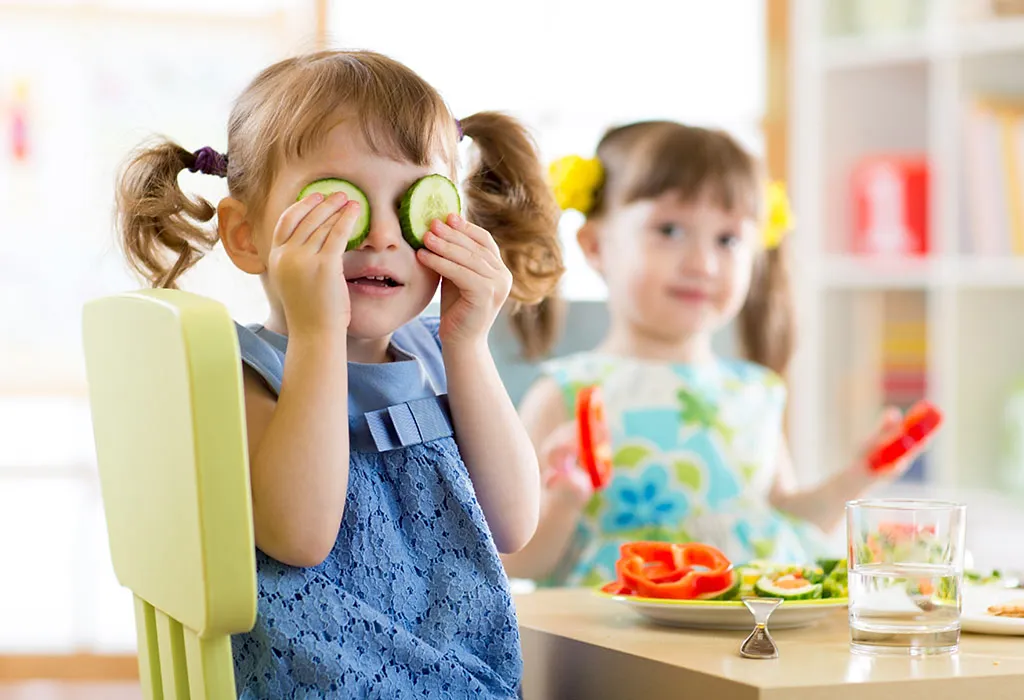
The World Health Organisation recommends continuing breastfeeding until the age of two, but it also needs to be supplemented with solid foods (4). However, remember to never substitute formula with breast milk. Mothers of 15-month-olds should try to get at least 3-4 feedings done. This can get a bit tough, especially if you are working, so you can then prepare a pumping schedule to ensure your baby is getting enough breast milk. It is also important to give different textured food to your toddler so that they can learn to use their molars and chew their food. Prepare a food schedule for them, which should include three proper meals and two snacks throughout the day, so that they can start getting used to solid food. If you are trying to wean your baby off breast milk, let them take the lead and decide when they can confidently give up breast milk.
Sleeping
Your baby is developing his/her personality and having little nuances of things that they like and dislike. Your toddler is also teething and may be a bit restless when it comes to sleeping continuously. Your baby will also love to cuddle and sleep for 3-4 hours at a stretch. Napping in the afternoon will also become a common recurrence, but also make sure you make these naps shorter so that he/she can fall asleep well at night. It is important to create a routine before bedtime and start regularising the same so that your baby can fall asleep at the same time every day. Keep your baby’s sleeping environment as consistent as possible in terms of temperature, placement and toys so that he/she can put their fears at rest and go to sleep peacefully (5).
Play and Activities
Bonding with your baby is integral to growing up healthily. Your baby will also start asking to help out around the house and will try to learn new skills. One of the best ways to introduce new activities and learning is by playing games with your 15-month-old. Your baby would have become an expert at peek-a-boo, so make it a habit to continue that. You can also teach your kid about word association by teaching them about animal sounds.
Another fun activity to do with your baby would be to play hide and seek. Since toddlers this age love peeks a boo, this will be a hit. While playing with your toddler, conduct some activities for a 15-month-old and tire them out in the afternoons so that they can sleep soundly at night.
Bath time is also a great opportunity for you to play with your kid. Introduce toys, bubble baths, and essential oils so that your kid can have fun. You can also plan play dates with your toddler and a friend so that they can learn how to share and play with other kids and develop their social skills further (6).
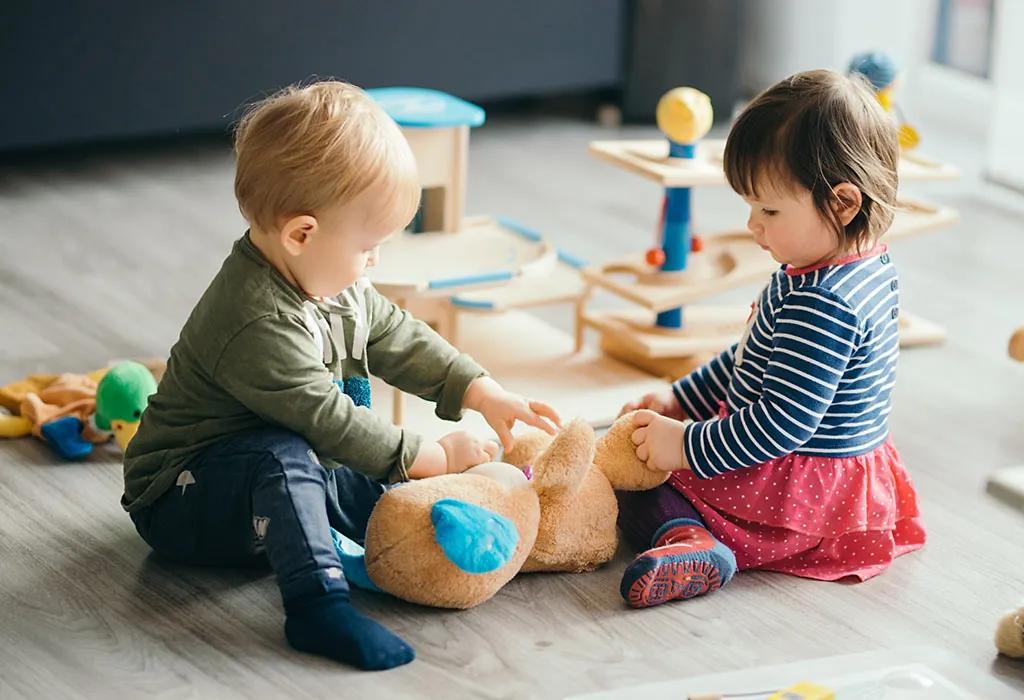
Tips for Parents
- Silly songs and games should become a part of your bonding routine with your toddler
- If you are travelling, make sure you have a separate baby seat for your child where he/she can be strapped in securely.
- Make sure you have a fully stocked diaper bag handy, which includes extra diapers, bottles, toys, tissues and extra underwear.
- Start creating a stable and regular routine which your toddler can get used to. For example, you can include a bath routine before bedtime.
- Keep your toddler busy through the day, especially during the afternoon, with games and toys so that they can tire themselves out and fall asleep easily at night.
- Keep your paediatrician’s number handy in case of any emergency.
- Be patient and start teaching your toddler manners from a very young age. Be assertive but not to an extent where the child develops a fear.
- Make sure you and your partner take time to do all the chores evenly, and you get some ‘me time’ for yourself.
- Start introducing healthy food options and different kinds of fruits and vegetables so that they do not become fussy eaters.
Consult a Doctor If
While you may have taken your kid to the doctor for their regular vaccines, such as measles, mumps, and Hepatitis, it is also important to prepare a chart with regular check-ups in mind for your toddler. If your toddler is doing anything out of the ordinary, such as not being able to poop for days or pee for days, then it is time to consult your doc. As parents, it’s also important to watch out for any redness in the eyes, any ear pain, which may be making them uncomfortable. Some of the sure signs to watch out for are that your baby is uncomfortable and crying, and has difficulty falling asleep. Your baby also tries to touch inside his/her ears frequently, or, in the case of an eye infection, tries to rub his/her eyes frequently.
If your baby has a fever, cold, or cough for more than 48 hours, it is important to call your doctor. If you spot blood either in his/her stools or anywhere else, do consult the doctor. If your child is allergic to something, take him/her immediately to the doctor. Make sure to ask plenty of questions, show his/her medical history and have a regular check-up.
FAQs
The toddler years are full of exciting milestones and new questions for parents. Here are answers to some common health concerns for your fifteen-month-old (7).
- Is my toddler eating enough, and how can I handle their picky eating?
- How many words should my 15-month-old be saying, and when should I be concerned about a speech delay?
- What are the recommended sleep schedules and routines for this age?
- How can I safely manage tantrums and big emotions?
- What should I do about biting, whether my child is bitten or is the biter?
- Are there any new skills or developmental milestones of a 15-month-old I should be looking for?
FAQs
1. Why does my toddler prefer to carry objects in both hands while walking, and should I encourage them to let go?
This is a common and normal stage of development called “bilateral carrying.” Toddlers do this to improve their balance and stability as they are still mastering walking. It’s a sign they are being cautious and should not be discouraged. They will naturally let go of objects as their confidence and skill increase.
2. My child seems to understand everything but uses gestures and grunts instead of words. Is this a problem?
At this age, receptive language (understanding) is significantly more advanced than expressive language (speaking). Using gestures like pointing is a positive sign and a precursor to speech. However, you can encourage words by modeling simple language (“You want the cup? Here is the cup.”) instead of always responding to the grunt alone. If they understand complex instructions and use a variety of gestures, their development is likely on track.
3. Is it normal for my toddler’s appetite and eating habits to seem wildly inconsistent from day to day?
Absolutely. This is often due to a natural slowdown in growth rate compared to infancy, coupled with a toddler’s desire for autonomy. They are learning they have choices (including the choice to refuse food). It’s more helpful to look at their nutritional intake over a week rather than a single day. The key is to offer a variety of healthy options and let them decide how much to eat.
Your toddler has already crossed many milestones till now, and 15 months is one of them. Make sure to document this journey in pictures and videos.
Also Read:
14th Month Old Baby Development
16th Month Old Baby Development and Milestones
17th Month Old Baby Development, Milestone and Sleep
Was This Article Helpful?
Parenting is a huge responsibility, for you as a caregiver, but also for us as a parenting content platform. We understand that and take our responsibility of creating credible content seriously. FirstCry Parenting articles are written and published only after extensive research using factually sound references to deliver quality content that is accurate, validated by experts, and completely reliable. To understand how we go about creating content that is credible, read our editorial policy here.
1. Nemours Kids Health – Your Child’s Development: 15 Months
2. ZerotoThree.org – Toddlers and Challenging Behavior: Why They Do It and How to Respond
3. Nemours Kids Health – Disciplining Your Toddler
5. Nemours Kids Health – Sleep and Your 1- to 2-Year-Old
6. American Academy of Pediatrics – Playing is How Toddlers Learn
7. American Academy of Pediatrics – Your Checkup Checklist: 15 Months Old







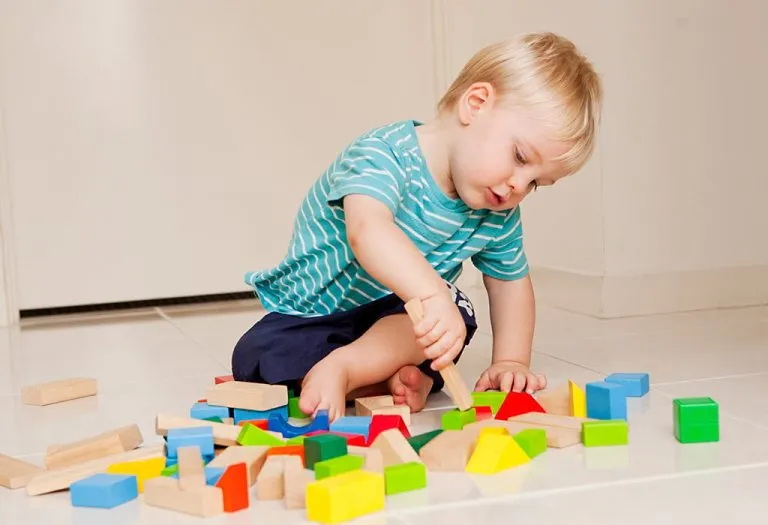
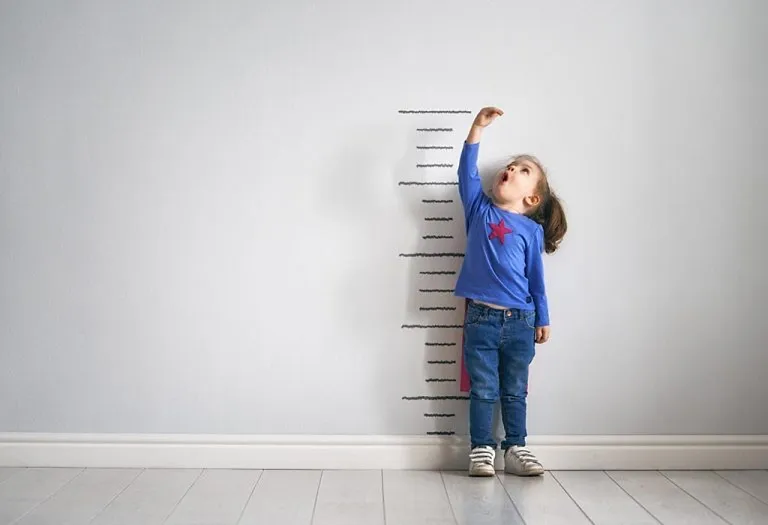

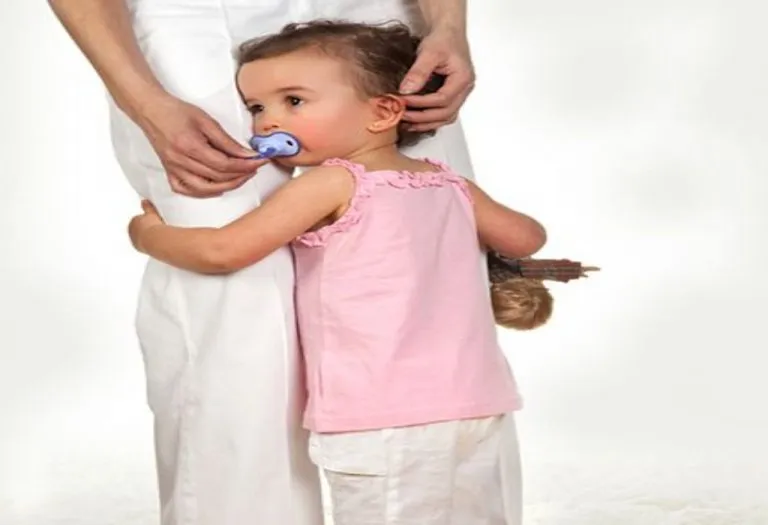


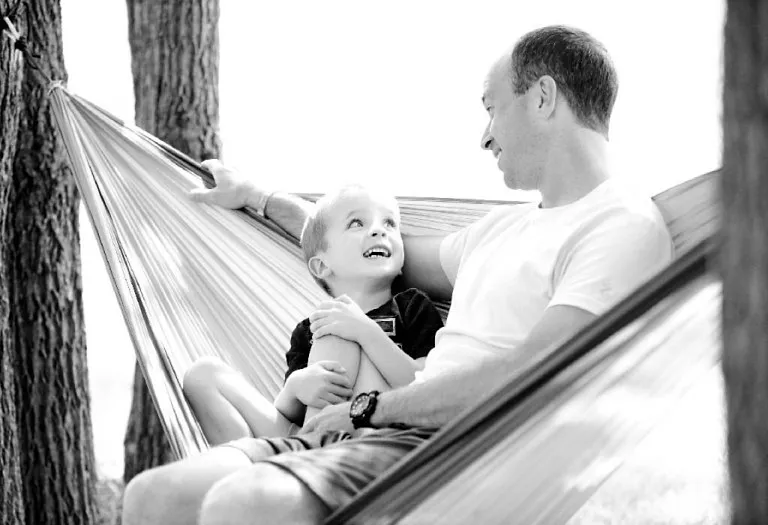

.svg)
















